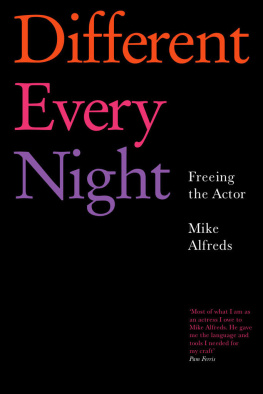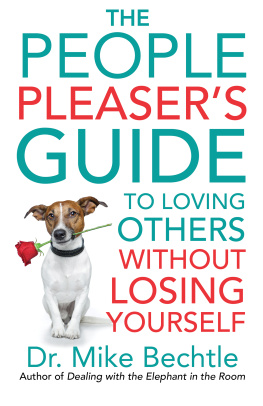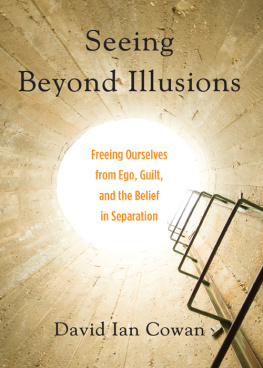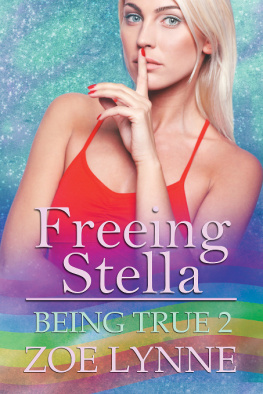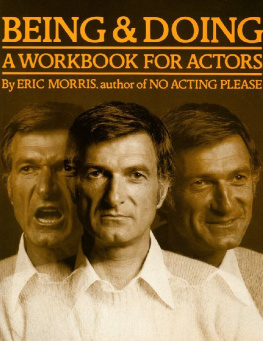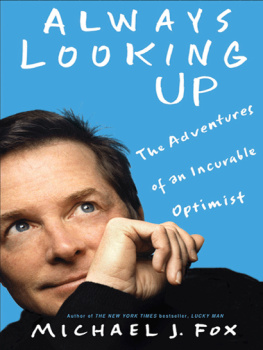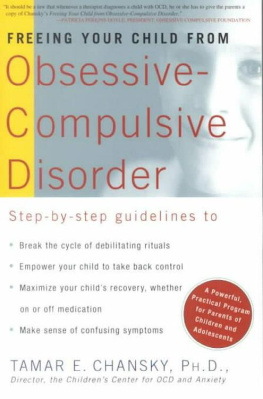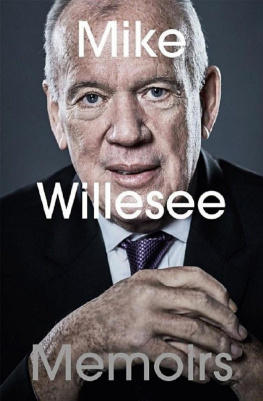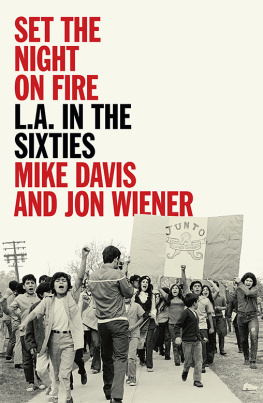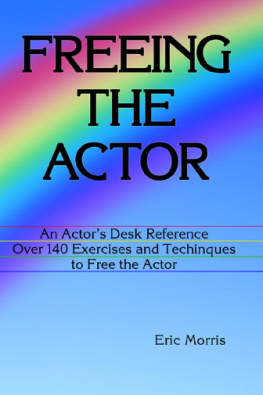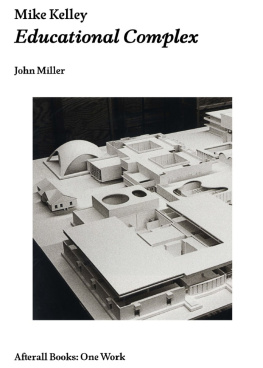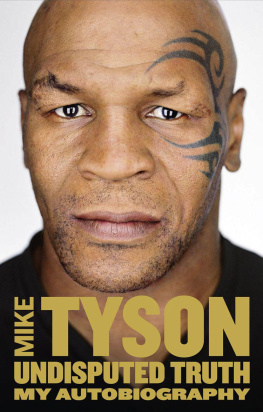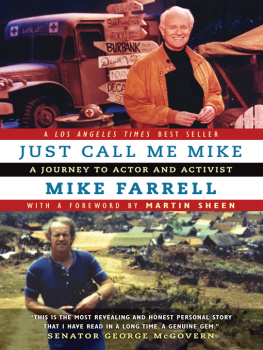Mike Alfreds - Different Every Night: Freeing the Actor
Here you can read online Mike Alfreds - Different Every Night: Freeing the Actor full text of the book (entire story) in english for free. Download pdf and epub, get meaning, cover and reviews about this ebook. year: 2007, publisher: Nick Hern, genre: Home and family. Description of the work, (preface) as well as reviews are available. Best literature library LitArk.com created for fans of good reading and offers a wide selection of genres:
Romance novel
Science fiction
Adventure
Detective
Science
History
Home and family
Prose
Art
Politics
Computer
Non-fiction
Religion
Business
Children
Humor
Choose a favorite category and find really read worthwhile books. Enjoy immersion in the world of imagination, feel the emotions of the characters or learn something new for yourself, make an fascinating discovery.
- Book:Different Every Night: Freeing the Actor
- Author:
- Publisher:Nick Hern
- Genre:
- Year:2007
- Rating:3 / 5
- Favourites:Add to favourites
- Your mark:
- 60
- 1
- 2
- 3
- 4
- 5
Different Every Night: Freeing the Actor: summary, description and annotation
We offer to read an annotation, description, summary or preface (depends on what the author of the book "Different Every Night: Freeing the Actor" wrote himself). If you haven't found the necessary information about the book — write in the comments, we will try to find it.
Different Every Night: Freeing the Actor — read online for free the complete book (whole text) full work
Below is the text of the book, divided by pages. System saving the place of the last page read, allows you to conveniently read the book "Different Every Night: Freeing the Actor" online for free, without having to search again every time where you left off. Put a bookmark, and you can go to the page where you finished reading at any time.
Font size:
Interval:
Bookmark:


DIFFERENT EVERY NIGHT
Freeing the Actor
Mike Alfreds

NICK HERN BOOKS
London
www.nickhernbooks.co.uk
REHEARSAL: SOME BASIC PRINCIPLES
For
PHILIP OSMENT
best of collaborators
To
ACTORS
for years of pleasure
with many thanks, some frustration and lots of love
The following people gave me invaluable comment, criticism and encouragement: Laurence Boswell, Tony Graham, Robert Hale, Jenny Harris, Glynn MacDonald, Barbara Marchant, Philip Osment, Sue Parrish, Peter Thomson and Annabelle Winograd.
To them all, my warmest thanks. And to Nick Hern for remarkable patience twenty-three years worth in fact.
For the happiness of being a writer or an actor, I would bear the dislike of my family, Id bear deprivation, disappointment, Id live in an attic and eat only coarse bread, Id endure dissatisfaction with myself and awareness of my own imperfections, but, in return, I would demand fame... real, resounding fame... (She covers her face with her hands.) I feel dizzy... Oooooof!...
Nina, a would-be actress, in the second act of The Seagull
I performed senselessly... I didnt know what to do with my hands, I didnt know how to stand on stage, I couldnt control my voice. Youve no idea how it feels to know youre acting badly... Now, Im not like that... I act with enjoyment, with enthusiasm, I become intoxicated on stage and I feel beautiful... Now I know, I understand... that in our work... what matters isnt fame, isnt glamour, not the things I dreamt of, but the capacity to endure. To bear your cross and have faith. I have faith and its not so painful, and when I think about my calling, Im not afraid of life.
Nina, an actress, in the fourth act of The Seagull
PAM FERRIS
Most of what I am as an actress I owe to Mike Alfreds. He gave me the language and the tools I needed for my craft.
When I met him in 1976 I had been acting professionally for ten years, and although Id had no formal training, I thought that all the classes Id been to, and books Id read, had given me my own Way of Working. How wrong I was. I was just muddling through.
The slow and sometimes painful process of taking on board Mikes system seemed, at first, to threaten that vague thing I called Instinct, and Ive since seen other actors struggle and sometimes reject his work for fear of damaging their mysterious internal processes. But if you trust the work, not just intellectually but viscerally, it liberates a powerful creativity that makes old-fashioned Instinct look a shambolic hit-and-miss affair.
I remember clearly my feelings before the first performance of The Arabian Nights. The rehearsal period had felt like a series of exercises, all enjoyable and enriching, but without the goal-orientated focus I was used to. Nothing was set. No moves. No agreed way of saying a line. Nothing. There was too much freedom, and I felt really insecure. But I also knew that inside I had a huge resource of knowledge about the characters I was to play, the world they lived in and most important of all what they wanted.
Understanding what a character wants and embodying it fully is the challenge. It took me about a year of continuous work for the knowledge to seep through from my brain to my whole being, and it makes me sad when young actors think that just to know the words Action or Objective is enough. I get even sadder when I work with some directors I wish they knew who they were who have some sort of intellectual theory about theatre, but no idea how to put it into practice. I hope they read and digest this book soon.
Over a period of years I came to enjoy that empty/full feeling before stepping on stage and I love it still. There is nothing so exciting for me as the push and pull of battling out a well-written scene with another actor. Its like an improvisation with carefully worked-out parameters, but within those limits, its as free as any football match. I believe an audience knows when actors are in the moment and Mikes work fosters that freedom more than any director I know.
I havent worked with Mike for many years now, but I still find myself comparing other directors with him. Im always a little shocked by their lack of rigour, their vagueness, their willingness to accept second best. Mikes pursuit of excellence drives him on and Im proud to have travelled some of that journey beside him.
PURPOSE
The book has two subjects. The first is how I direct. The second is the relationship between actors and directors. Combining them, this book suggests ways for us to collaborate. But techniques and processes risk becoming arbitrary unless theyre framed within some cohesive philosophy of what theatre is. Specific methods of preparation and rehearsal should logically derive from and aim towards the fulfilment of what we believe makes theatre intrinsically what it is, rather than something else. What follows then is my vision of what theatre is or could be, and how I try to achieve it: ways of working and ways of thinking about work; practice and theory; modus operandi and modus vivendi.
ORGANISATION
In the first part, I set out my wares, which include my own learning curve, my idea of theatres purpose, its vital elements and the broad belief system that frames how I function.
The second describes in detail the concepts of the techniques I use in rehearsal, with examples of how they work.
The third describes the work of the pre-production period: preparing the text, planning the rehearsals and casting.
The fourth describes the practical application of those techniques from the first day of rehearsal to the final performance, together with consideration of some technical matters.
The fifth describes the troubleshooting that accompanies the rehearsal work and offers some ethical considerations in connection with this.
The sixth, a brief coda, consists of a rsum of the main principles guiding the work, a glossary for quick reference and some suggestions for further reading (which, together, could spare you reading the rest of the book).
STYLE
GENDER
Actor refers to both genders. I use actress when it seems appropriate to make that distinction. To avoid the self-consciousness of alternating even-handedly between she and he, him and her, hers and his or of even more self-consciously trying to compensate for centuries of injustice by privileging she, her and hers, or of using either the laborious he-or-she or the ugly, unpronounceable s/he, Im attempting to stick to they, them and their.
TYPEFACE
Points of emphasis, foreign terms and titles are in italics. SMALL CAPITALS indicate topics that are dealt with fully further ahead in the text and more concisely in the glossary.
FOOTNOTES
The footnotes are not vital to the flow or understanding of the main text. Theyre asides in which Ive succumbed to the urge to elaborate on detail, illustrate a point from my own experience or indulge in a diatribe on matters adjacent to what Im currently pursuing.
ADDRESS
Most of the time, Im addressing the director; but sometimes I talk to the actor and at all times, of course, to the reader.
Font size:
Interval:
Bookmark:
Similar books «Different Every Night: Freeing the Actor»
Look at similar books to Different Every Night: Freeing the Actor. We have selected literature similar in name and meaning in the hope of providing readers with more options to find new, interesting, not yet read works.
Discussion, reviews of the book Different Every Night: Freeing the Actor and just readers' own opinions. Leave your comments, write what you think about the work, its meaning or the main characters. Specify what exactly you liked and what you didn't like, and why you think so.

